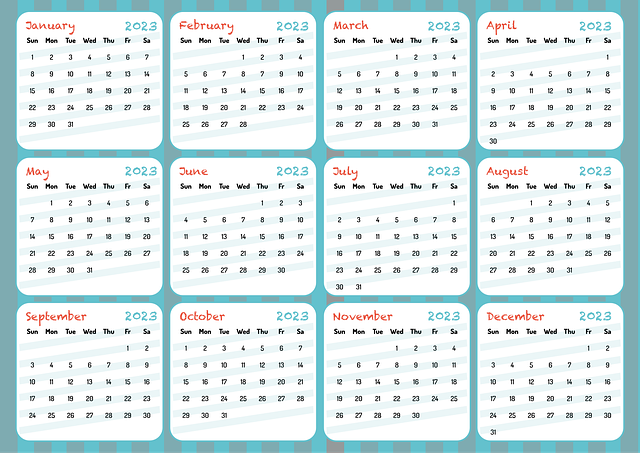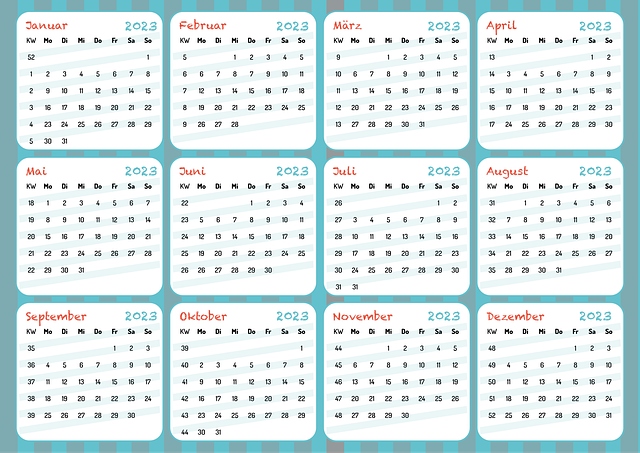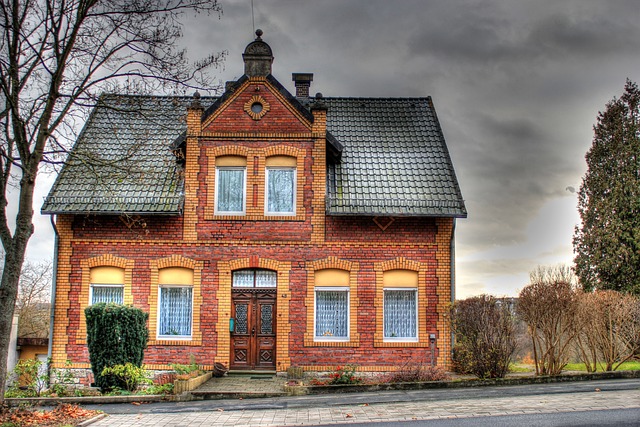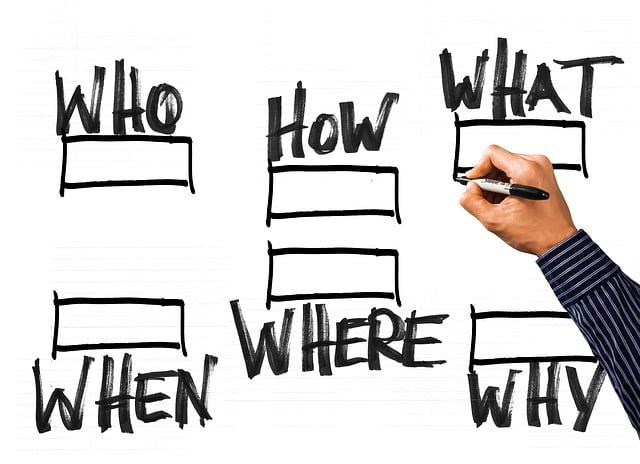Event planning for local businesses thrives on understanding and engaging with the community's unique demographics, interests, and cultural traditions. By leveraging insights from local businesses, planners create events that foster genuine connections, celebrate diverse traditions, and offer authentic experiences. This tailored approach, which includes aligning events with community passions and embracing cultural diversity, strengthens the bond between businesses and their communities, enhancing local vibrancy and economic growth through collaborative partnerships.
“Unlocking the potential of local events requires a strategic approach that goes beyond simple organization. Event planning for local businesses is an art, focusing on community engagement and memorable experiences. This comprehensive guide delves into the secrets behind creating successful local gatherings. From understanding your audience’s needs to crafting immersive themes, and effective coordination, every aspect plays a vital role. Discover how to build relationships with stakeholders, choose the perfect venues, and promote events using digital marketing, ensuring your local business leaves a lasting impression.”
- Understanding Your Local Audience
- – Identifying community needs and interests
- – Building relationships with local stakeholders
Understanding Your Local Audience

Understanding your local audience is a cornerstone of successful event planning for local businesses. By delving into the demographics, interests, and cultural fabric of your community, you can create events that resonate deeply with attendees. This involves recognizing unique local needs, celebrating distinctive traditions, and incorporating elements that feel authentic to the area—from music and food choices to venue selection. Local businesses have a distinct advantage here; they often have a wealth of knowledge about their customer base and the surrounding landscape.
Leveraging this understanding allows event organizers to foster genuine connections between participants, creating an inclusive atmosphere that encourages engagement and participation. This tailored approach not only enhances the overall experience but also strengthens the bond between local businesses and their community. Event planning becomes more than just organizing; it’s about building a vibrant tapestry of experiences that reflect and celebrate the spirit of the locale.
– Identifying community needs and interests

In the realm of event planning for local businesses, understanding the community is paramount to success. Identifying the unique needs and interests of the target audience is a pivotal first step. This involves engaging with potential attendees, gauging their expectations, and aligning events with their passions. For instance, a vibrant downtown area might benefit from showcasing local artists, while a suburban community may prioritize family-friendly activities. Event planners should also consider cultural diversity, ensuring inclusive celebrations that resonate with diverse populations.
By delving into the community’s fabric, planners can create meaningful connections through tailored events. This strategy fosters a sense of belonging and encourages participation, ultimately enhancing the success of local business promotions and fostering a thriving community atmosphere. Such initiatives contribute to the overall vibrancy of the area, making it an attractive destination for both residents and visitors alike in today’s competitive market.
– Building relationships with local stakeholders

Successful event planning often hinges on building strong relationships with local stakeholders, including businesses, community leaders, and government bodies. For event organizers in the realm of local business promotion, fostering these connections is key to creating impactful experiences that resonate with the target audience. Engaging with these stakeholders allows for a deeper understanding of the local landscape, cultural nuances, and unique needs of the community, ensuring events align with the area’s identity.
By involving local businesses, event planners can tap into their expertise and resources, creating mutually beneficial partnerships. This collaboration may involve securing venues, sponsorships, or unique attractions that enhance the overall visitor experience. Effective communication and collaboration between organizers and business owners ensure events cater to the interests of both parties, fostering a sense of community engagement and supporting local economic growth.
Event planning is an art that thrives on understanding your local audience. By identifying community needs and interests, and fostering strong relationships with local stakeholders, you can create events that not only meet but exceed expectations. This strategic approach ensures that your event planning for local businesses is a resounding success, leaving a lasting positive impact on both the business and the community.














